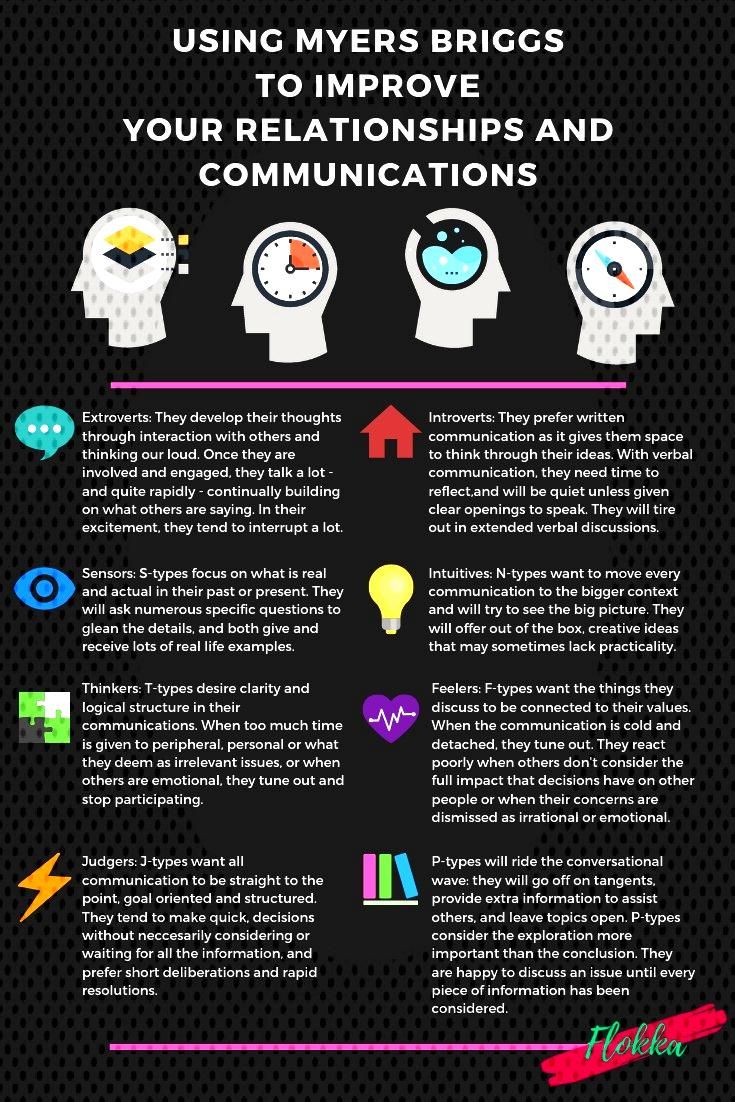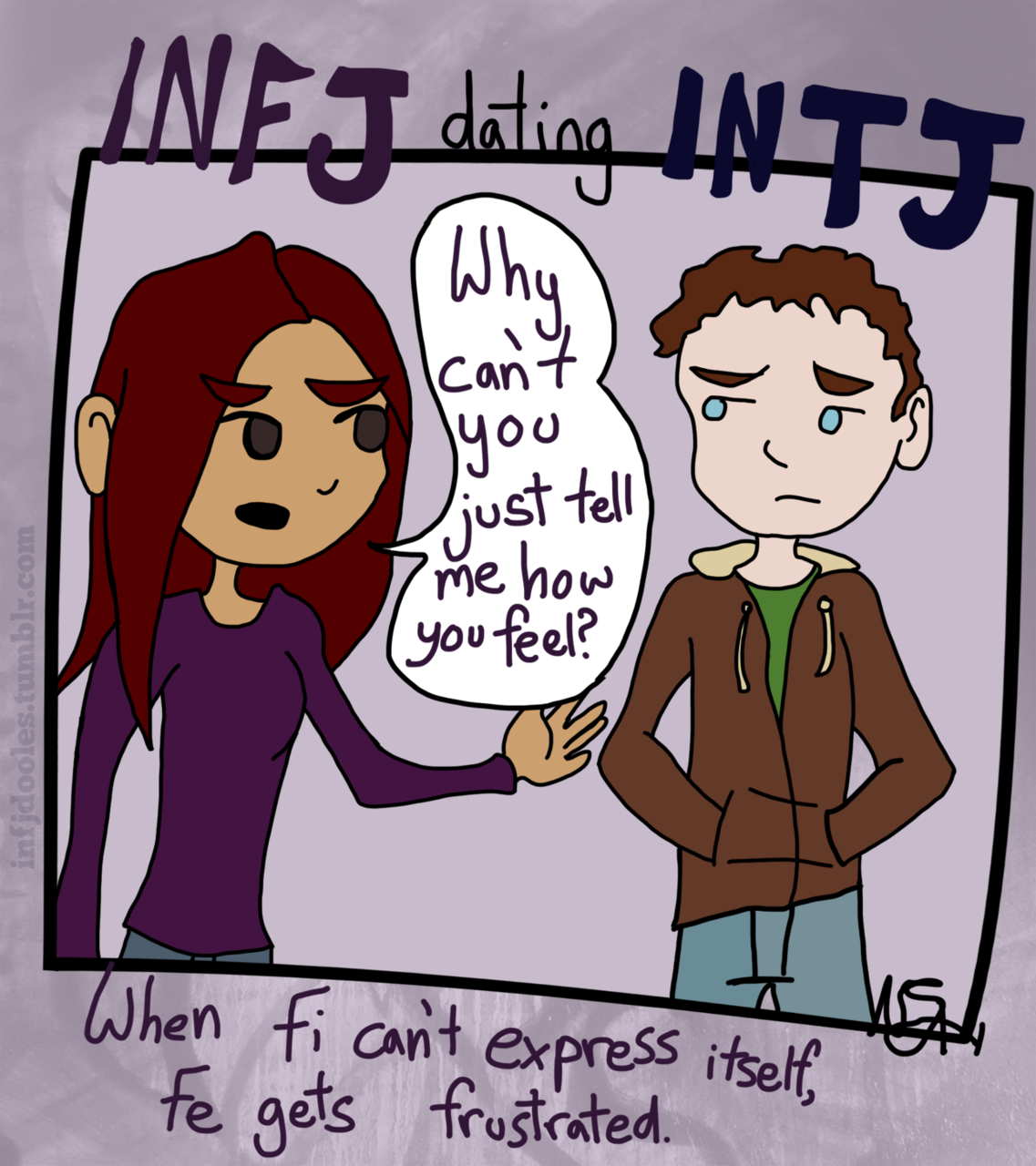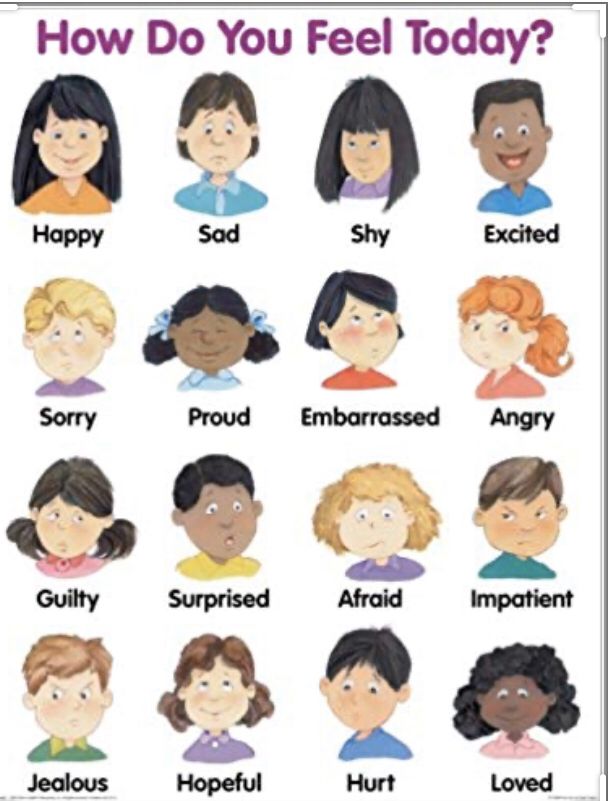Treating chemical imbalance
Chemical Imbalances and Mental Health
You often hear the words “chemical imbalances” associated with addiction and mental health. Knowing what this term means is a great help in understanding many psychiatric conditions. Chemical imbalances happen when the brain has either too many or too few neurotransmitters. These neurotransmitters are natural chemicals that help the nerve cells to communicate with each other. Examples of these chemicals include dopamine, serotonin, and norepinephrine.
Mental health issues, such as anxiety, depression, and addiction, are affected by an imbalance of brain chemicals. However, there is much more to mental illnesses than only chemical imbalances. However, drugs and alcohol use can be important factors as they affect neurotransmitters, which may lead to addiction and the need for an addiction treatment center. Through treatments, such as therapy for depression, you can begin healing. To learn more about our services, please contact Georgia Addiction Treatment Center today at 855.
952.3546.
Symptoms of Chemical Imbalances
Studies show that brain chemicals play a role in the development of anxiety and depression. Lower levels of neurotransmitters can cause symptoms, such as feelings of emptiness, worthlessness, sadness, or helplessness. These symptoms can lead to various mental conditions.
Others symptoms include:
- Loss of appetite or overeating
- Irritability
- Restlessness
- Sleeping too much or insomnia
- Extreme mood swings
- Lack of energy
- Lack of empathy or feeling numbness
The feeling of impending danger, distancing from others, and thoughts of hurting others or themselves are also common symptoms of chemical imbalances. Sometimes, people with chemical imbalances hear voices in their heads and are unable to carry out daily activities. The worst thing, perhaps, is they begin to misuse drugs or alcohol due to the effects of their chemical imbalances.
Chemical Imbalances and Mental Health
The imbalance of chemicals in the brain is only one of the many factors that may contribute to mental health challenges. Other important factors include family history and genetics, as well as life experiences (i.e., emotional, psychological, or physical abuse). Drug and alcohol use, as well as certain medications, also contribute.
Other important factors include family history and genetics, as well as life experiences (i.e., emotional, psychological, or physical abuse). Drug and alcohol use, as well as certain medications, also contribute.
Lastly, psychological factors such as situations leading to loneliness and isolation can cause mental health problems. There does seem to be a link between chemical imbalances and mental health. However, there is still no concrete explanation of how brain chemicals become imbalanced in the first place.
Some of the mental health conditions linked to chemical imbalance include:
- Depression
- Bipolar disorder
- Anxiety
- Addiction
Addiction and Chemical Imbalance
Drugs and alcohol are among substances that can cause chemical imbalances. In turn, the imbalance causes more pain and emotional distress. This becomes a cycle of physical dependence on substances to feel good and to forget about your problems. However, because of the imbalances in the brain, the effects don’t last that long.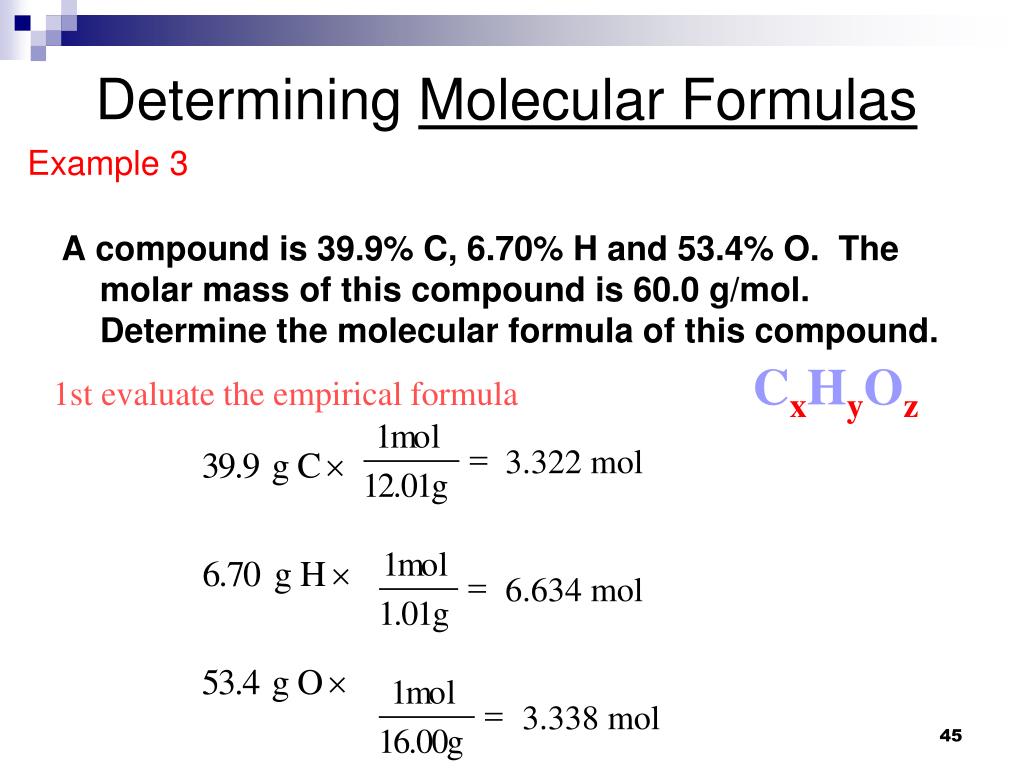 Thus, there is a need for higher and more frequent doses.
Thus, there is a need for higher and more frequent doses.
Some drugs cause permanent changes in the brain. However, the chemical imbalances typically readjust once the drugs or alcohol are out of the system. At addiction treatment centers, the primary treatment for imbalances is medical detox. But eradicating the effects of any substance takes time.
Treatment for Chemical Imbalances
There is no one-size-fits-all answer for the treatment of chemical imbalances. However, many people find relief with medications and/or therapy. Therapy may involve different treatments such as cognitive behavioral therapy (CBT), dialectical behavior therapy (DBT), or family-focused therapy. Medications used to treat chemical imbalances include antidepressants, antipsychotics, and mood stabilizers.
It’s important to note that not everyone who has a mental health condition needs medication. Some people only require therapy, while others may need a combination of medication and therapy.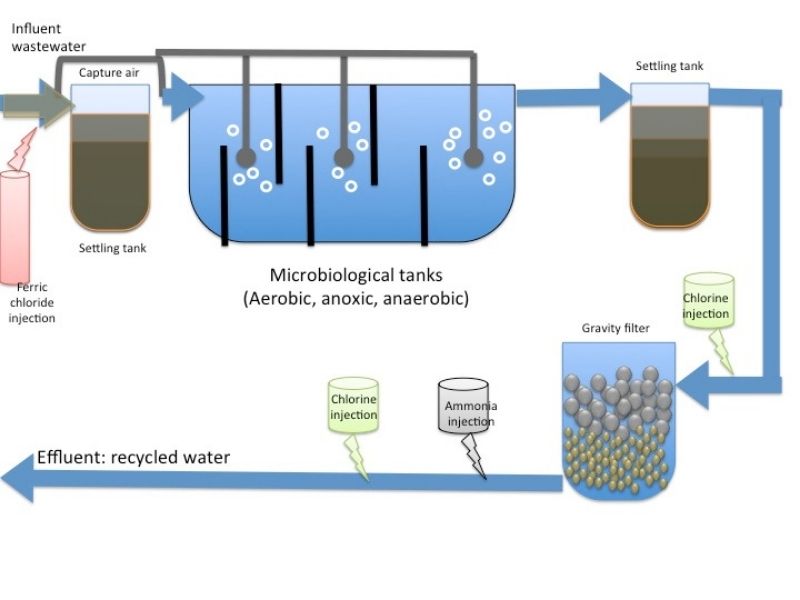 And still others may only need medication.
And still others may only need medication.
Recovery and treatment options will often need professional and emotional support. If you face a dual diagnosis in which addiction comes with other illnesses, you may face even bigger obstacles. However, you can rest assured that rehab centers have plans and programs to help you. Addiction treatment therapies that can help include:
- Cognitive-behavioral therapy
- Dialectical behavior therapy
- Individual therapy program
- Family therapy program
- Group therapy program
Get Help for Chemical Imbalances Today at the Georgia Addiction Treatment Center
If you are struggling with addiction and have noticed changes in your mood or behavior, it is important to get help. The Georgia Addiction Treatment Center offers comprehensive addiction treatment programs that can address any co-occurring mental health conditions you may have. We offer a range of treatment options:
- Men’s rehab
- Women’s rehab
- Partial hospitalization program
- Intensive outpatient program
- Outpatient program
- Community housing
If you are struggling with addiction or are wondering what exactly are chemical imbalances, it’s best to talk with medical professionals.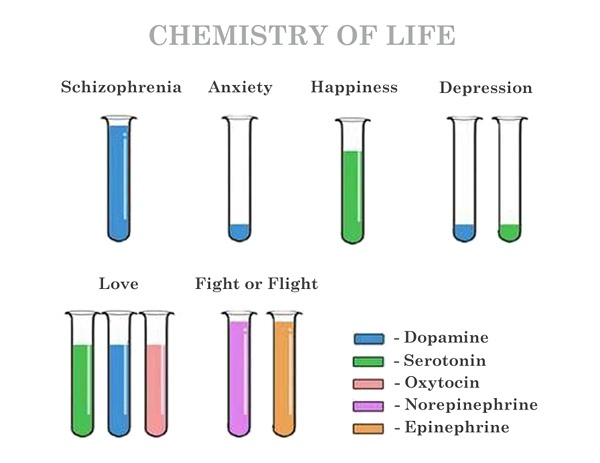 You can also call our admissions counselors to learn more about how we can help you or your loved one. We are here to help. Located just outside of Atlanta, GA, Call us at 855.952.3546 and schedule your appointment today.
You can also call our admissions counselors to learn more about how we can help you or your loved one. We are here to help. Located just outside of Atlanta, GA, Call us at 855.952.3546 and schedule your appointment today.
Chemical Imbalance in the Brain
A chemical imbalance in the brain is said to occur when the brain has either excessive or insufficient chemical messengers, called neurotransmitters.
Some people claim that these imbalances can cause mental health conditions. However, most research now refutes the chemical imbalance theory.
Neurotransmitters are natural chemicals that help ease the communication between your nerve cells. Examples include norepinephrine and serotonin.
Some people claim that mental health conditions, such as depression and anxiety, result from a chemical imbalance in the brain. The hypothesis is sometimes called the chemical imbalance hypothesis or chemical imbalance theory.
However, it’s important to know that the chemical imbalance theory requires revision.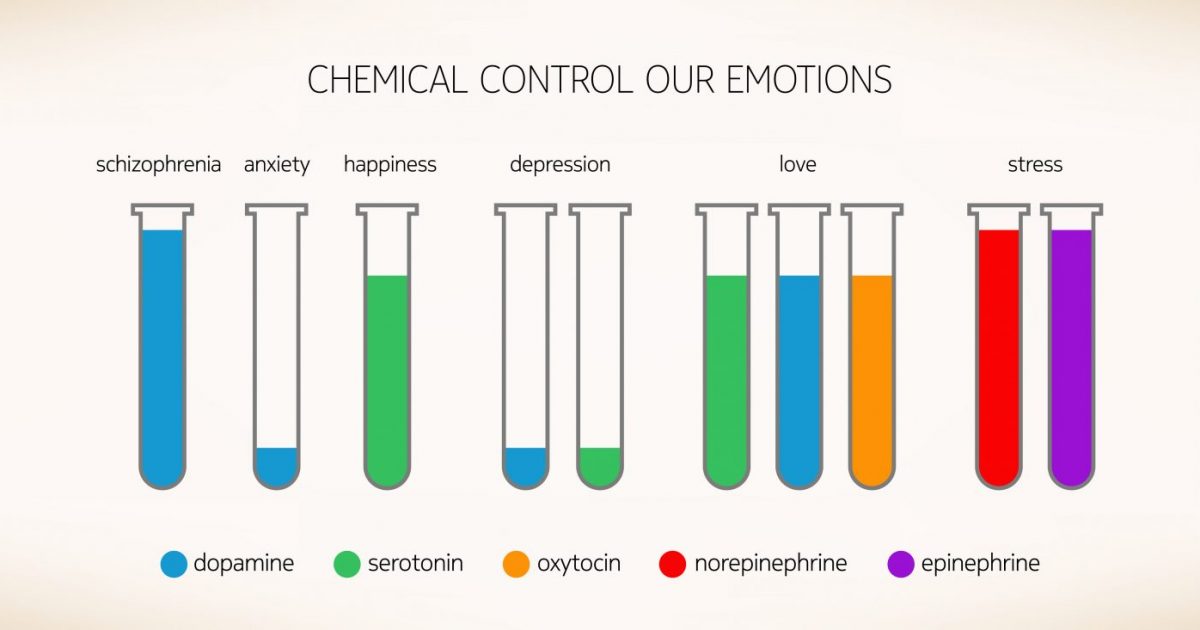 Communication between neurons in the brain may play a role in the processes underlying depression.
Communication between neurons in the brain may play a role in the processes underlying depression.
However, much research states that an imbalance of neurotransmitters does not cause depression.
Structures within the brain, including the frontal lobe and hippocampus, regulate your mood and emotions.
Studies have observed changes in these parts of the brain, and the neurotransmitters within them, in people with depression and other mental health conditions. However, it’s unclear if these alterations cause conditions, such as depression, or result from them.
The limbic systems, a group of structures deep in the brain, are largely responsible for mood and emotional responses.
Regions of the brain involved in these systems include:
- limbic cortex
- hippocampus
- hypothalamus
- amygdala
Neurotransmitters facilitate communication between nerve cells and target cells. Studies have linked changes in neurotransmitter activity with symptoms of depression.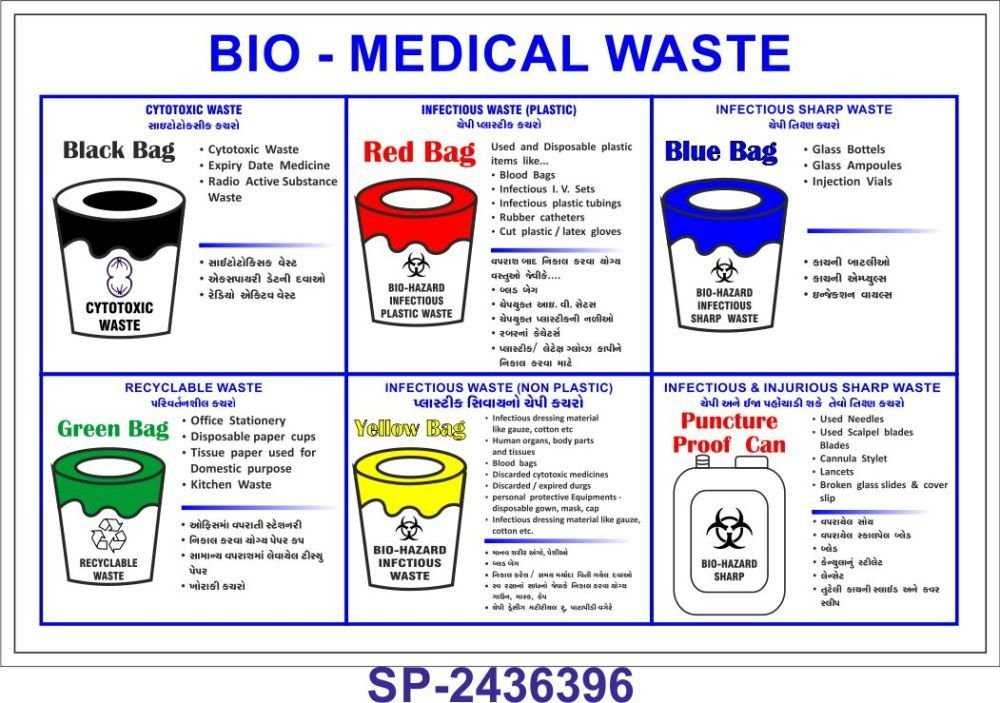
A review of these studies found that reduced or abnormal activity of neurotransmitter systems within parts of the limbic systems may cause depression and anxiety.
However, the exact causes of depression and other mental health conditions remain unclear. Biological, psychological, and environmental factors may all play a part.
Scientists in the late 1950s proposed the chemical imbalance theory following the reversal of depressive symptoms with monoamine oxidase inhibitors (MAOis), tricyclic antidepressants (TCAs), and serotonin reuptake inhibitors (SSRIs) — all of which increased the concentration of neurotransmitters (dopamine, norepinephrine, and serotonin).
Research at the time focused on the role that chemicals in the brain play in depression and anxiety. These researchers hypothesized that insufficient levels of neurotransmitters could lead to symptoms, such as:
- feelings of sadness, helplessness, worthlessness, or emptiness
- overeating or a loss of appetite
- insomnia or sleeping too much
- restlessness
- irritability
- a feeling of impending doom or danger
- lack of energy
While chemical changes in the body may occur during depression, research has not proven that these imbalances directly cause the above symptoms.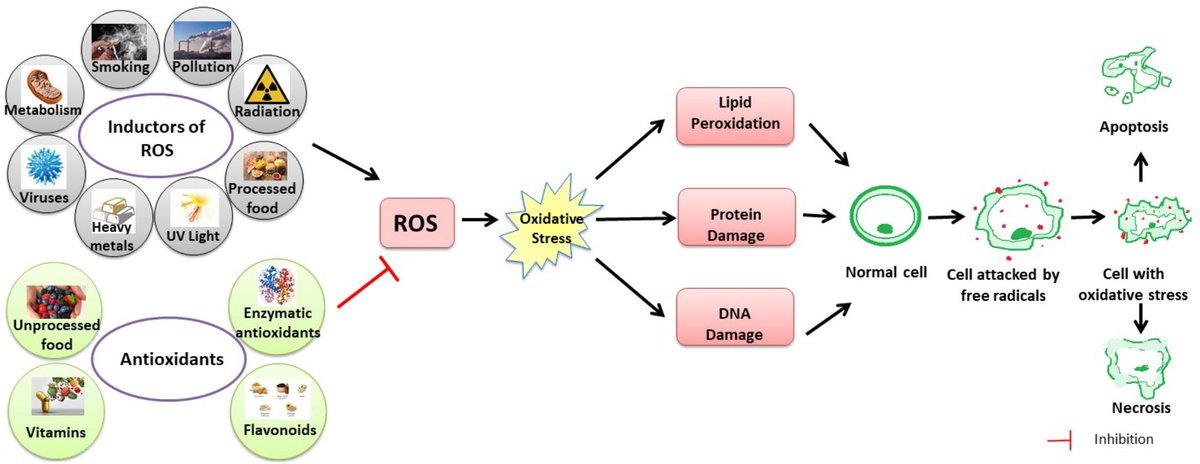
The chemical imbalance theory suggests that depression results from changing levels of neurotransmitters in the brain. The most common evidence used to support the chemical imbalance theory is the effectiveness of antidepressant medications.
These medications work by increasing the levels of serotonin and other neurotransmitters in the brain. Large-scale analysis shows that these medications are effective in treating symptoms of depression when compared with placebo.
However, while these medications can help improve a person’s symptoms, this doesn’t mean that the symptoms necessarily come from a chemical deficiency.
For example, serotonin plays a role in a person’s overall mental health, but there’s insufficient evidence to suggest that an imbalance in serotonin levels causes depression.
There are likely millions of chemical reactions occurring in the brain. The amount of reactions occurring at any one time makes it impossible to determine if someone is experiencing a singular chemical imbalance in their brain.
For example, there’s a time lag between when a person starts taking SSRIs, and when they reverse symptoms. This suggests that some other downstream process could be mediating the antidepressant effect.
There are no reliable tests to diagnose a chemical imbalance in the brain.
Doctors can perform tests to assess the levels of serotonin and other chemicals in your blood. However, this is not an accurate representation of the amount of these present in your brain.
A wide range of factors may contribute to a person developing depression. However, family genetics does appear to play a role.
Research shows that a family history of depression may increase a person’s risk for having it. While the importance of genetic factors in developing depression is not fully understood, twin and family studies suggest that the heritability of depression is roughly 37 percent.
Many smaller studies had identified genetic components that may be associated with depression. However, further, more conclusive research is required to fully assess the exact role genetics has in depression.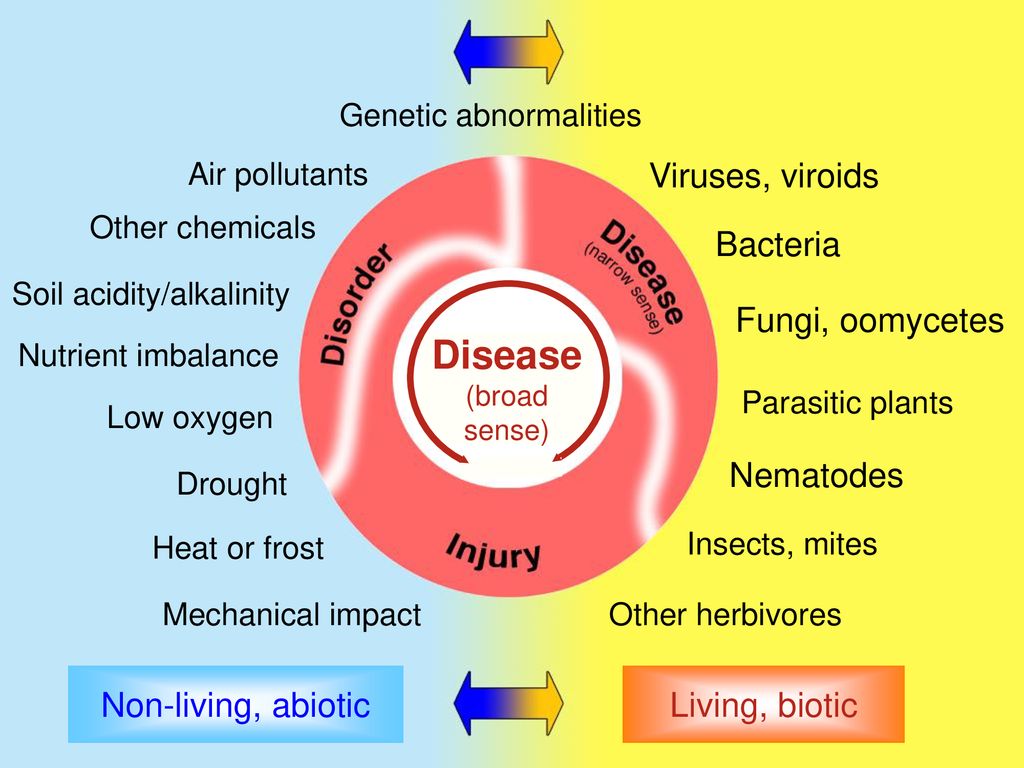
Learn more about the genetic component of depression here.
A health professional will typically assess your symptoms and take a medical history to diagnose mental health conditions.
They may also order blood tests to rule out other conditions, such as a thyroid disorder or vitamin deficiency. Both conditions can trigger symptoms of a mental health condition.
If these tests do not determine an underlying cause, your healthcare professional will likely refer you to a mental health professional, such as a psychiatrist or psychologist.
They will typically perform a psychological evaluation based on the “Diagnostic and Statistical Manual of Mental Disorders” (DSM-5) guidelines.
Learn more about how medical professionals diagnose depression here.
Several medications work by changing the levels of brain chemicals by blocking reabsorption.
Blocking reabsorption of specific neurotransmitters increases the level available for your nerves to use. This will activate your nerve receptors for a longer time.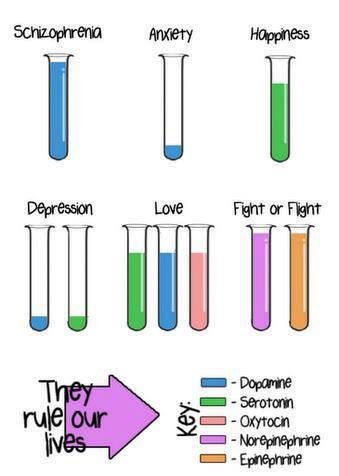
Medications can alter the level of the following:
- dopamine
- serotonin
- norepinephrine, also called noradrenaline
Some medications work on a combination of two more of the chemicals above.
Examples of these medications include:
- Selective serotonin reuptake inhibitors (SSRIs). SSRIs work by blocking the reabsorption of serotonin. Examples are fluoxetine (Prozac), paroxetine (Paxil), and citalopram (Celexa).
- Serotonin-norepinephrine reuptake inhibitors (SNRIs). SNRIs work by blocking the reabsorption of both serotonin and norepinephrine, leading to increased levels of these two chemicals in the brain. Examples include duloxetine (Cymbalta) and venlafaxine (Effexor XR).
- Tricyclic antidepressants (TCAs). TCAs block the reabsorption of noradrenaline and serotonin. Examples are imipramine (Tofranil) and nortriptyline (Pamelor).
- Norepinephrine-dopamine reuptake inhibitors (NDRIs).
 NDRIs, such as bupropion (Wellbutrin), block reabsorption of the neurotransmitters norepinephrine and dopamine.
NDRIs, such as bupropion (Wellbutrin), block reabsorption of the neurotransmitters norepinephrine and dopamine. - Monoamine oxidase inhibitors (MAOIs). MAOIs block the reabsorption of norepinephrine, serotonin, and dopamine. These medications, including isocarboxazid (Marplan) and phenelzine (Nardil), are not as popular as other types of antidepressants.
While taking medications for a mental health condition, talk therapy techniques are also an important addition to your treatment plan.
Psychotherapy may help convert your thinking and behavioral patterns into healthier ones. Some examples are cognitive behavioral therapy and psychodynamic therapy.
During these therapy sessions, you will work with a mental health professional to use techniques to help you manage your depression or prevent it from returning once you’re feeling better.
There’s little evidence to determine that an imbalance in brain chemicals is the cause of any mental health condition.
If you’re experiencing any of the signs and symptoms of a mental health condition, it’s important to contact a healthcare professional for a diagnosis.
Don’t hesitate to find help that works for you.
Once you receive a diagnosis from your healthcare professional, you may need to try different treatments or combinations of treatments before finding the one that works for you.
Your healthcare professional will need to take into account several variables when determining a treatment plan. Patience is key. After finding the right treatment, most people show improvement in their symptoms within 6 weeks.
Causes of Depression: Is the "Chemical Imbalance" Theory True?
Among the many dangerous diseases, depression occupies a special place. The devastating condition that sufferers face is a serious threat to life. And although depression is not a contagious disease, more and more people receive a disappointing diagnosis. As the most popular “chemical imbalance” theory goes, depression disrupts the production of a number of neurotransmitters, including serotonin, which is responsible for our ability to “enjoy sunsets.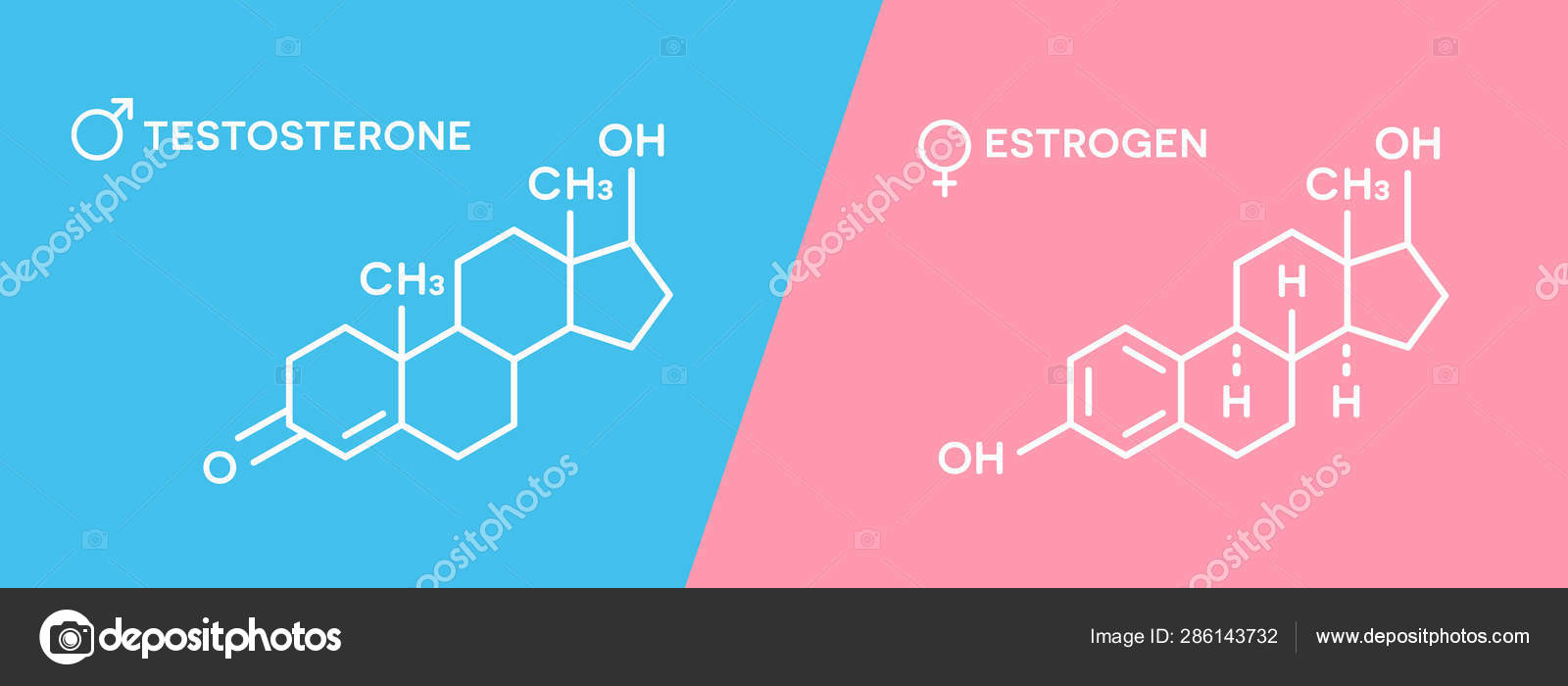 ” Surveys conducted by American researchers showed that at least 90% of the population believes that the cause of depression is a violation of the production of serotonin in the brain. However, a new review of scientific research casts doubt on the popular "chemical imbalance" theory.
” Surveys conducted by American researchers showed that at least 90% of the population believes that the cause of depression is a violation of the production of serotonin in the brain. However, a new review of scientific research casts doubt on the popular "chemical imbalance" theory.
Is depression a disease of the twenty-first century? No matter how!
"Depression is the worst disease you can catch" - with these words Stanford University professor Robert Sapolsky begins one of his lectures on the biology of human behavior. 9Ol000 joy and the will to live, has been known for more than a century, but the term “depression” itself arose in the 19th century. Before him, the disease was called "melancholy", which in Greek means "black bile". Interestingly, the earliest references to the disease are found in the ancient texts of Egypt, Babylon, China and Mesopotamia.
Fight melancholy at that time with leeches, starvation, ice water and electric current.
Why, it often came to exorcism, so the treatment of depression for a long time remained extreme.
As medical science developed, the causes of depression became clearer, as did the disease itself. But despite the advent of antidepressants and other treatments, many still see depression as a sign of laziness and weakness. Such an attitude, as you probably understand, aggravates the well-being of patients and leads to their stigmatization.
Depression is destructive and can lead to death
One of the symptoms of a depressive disorder is constant fatigue and low mood. In severe cases, patients may not be able to simply get out of bed. Sleep disturbance, lack of appetite, and feelings of powerlessness and guilt can lead to suicidal thoughts, the most dangerous symptom of all.
As science popularizer Michael Shermer writes in an article for Skeptic magazine, at some point the line between thought and action blurs. Weeks and months of thinking about death as a salvation at some point become an action. Alas, depression is no less dangerous than cancer, diabetes and cardiovascular disease.
Alas, depression is no less dangerous than cancer, diabetes and cardiovascular disease.
Symptoms of depression
Loss of interest and joy in life, feelings of guilt, sadness and despair are considered major markers of depression. You can talk about the presence of the disease when the symptoms have been present for at least two weeks (or more). And since depression is the fourth leading cause of disability in the world, you should not delay a visit to the doctor, especially when thoughts of suicide appear.
If you have symptoms of depression, be sure to see your doctor
The World Health Organization (WHO) estimates that more than 264 million people of all ages suffer from depression worldwide. The most popular treatment for depression is antidepressants, the effectiveness of which I talked about recently.
Chemical imbalance theory
There are several theories of depression. So, in 2018, a team of scientists from the University of Toronto found that depression affects physical health and is associated with diseases such as arthritis and migraines.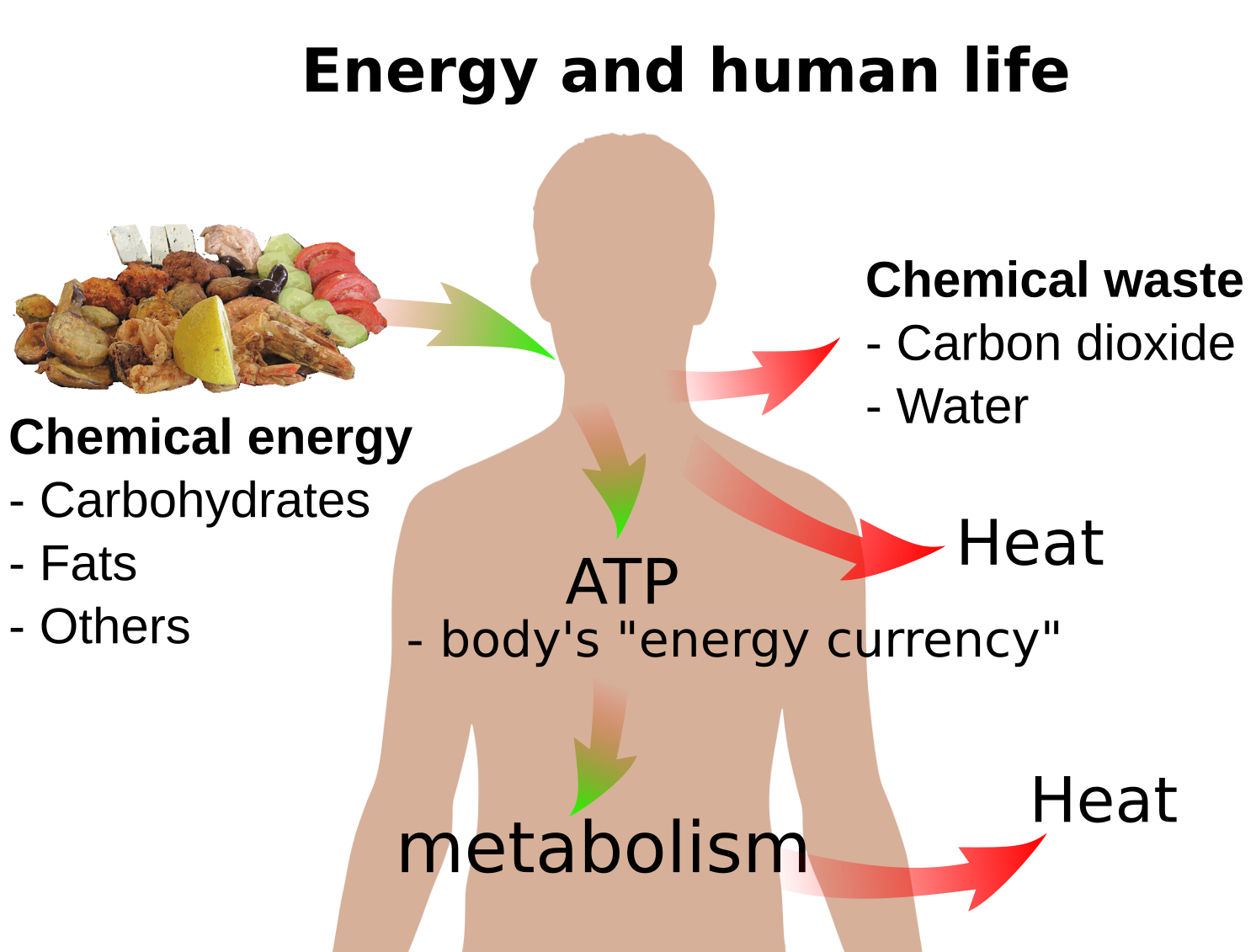 Moreover, over the years, patients have increased inflammation not only in the brain, but throughout the body. The full text of the scientific work can be found here.
Moreover, over the years, patients have increased inflammation not only in the brain, but throughout the body. The full text of the scientific work can be found here.
The most common theory of depression points to a "chemical imbalance" in the brain, and antidepressants are mainly used in the group of SSRIs (selective serotonin reuptake inhibitors). Medication for depression is accompanied by a variety of psychological approaches, including evidence-based cognitive behavioral therapy.
Scientists increasingly question the chemical imbalance theory of depression
A recent systematic review of 17 major studies published in the journal Molecular Psychiatry challenges the serotonin theory of depression. According to the authors of the work, there is still no clear evidence that the level of serotonin or its activity is responsible for the development of depression.
But what follows from this? Do millions of people really need to give up drug treatment? Even more questions are raised by the fact that depression can manifest itself in a variety of ways.

The reviewers note that the popularity of the idea of chemical imbalance may be due to the rise in antidepressant use. Thus, the number of prescriptions for drugs has increased dramatically worldwide since the 1990s. By 2005, advertisements for SSRI antidepressants flooded magazines, talk shows, and television, generating multibillion-dollar profits for the creators of the joy pills.
More about depression: Are antidepressants really bad for your health?
The Serotonin Wars
After the release of the new review, the media literally exploded: a huge amount of headlines says that the serotonin theory of depression has no scientific basis . Which is actually somewhat odd (especially if you're in treatment for depression like me).
A new, first-of-its-kind paper is a comprehensive review of the evidence for depression and its treatment. The results showed that "there is no evidence of an association between decreased serotonin levels and depression. " Strong statement, right?
" Strong statement, right?
Are antidepressants really not a panacea?
Studies on serotonin receptors and its transporter (the protein most antidepressants target) have found weak and inconclusive evidence for higher levels of serotonin activity in people with depression. Widespread use of antidepressants is considered as a probable cause, the authors of the meta-analysis write
The next step of the scientists was a thorough study of studies with a large sample of patients (about tens of thousands of people). It turned out that the consequences of stressful life events have a strong influence on the risk of developing depression - the more such events a person experiences, the higher the likelihood that he will fall into depression.
Want to be the first to know about research results? Subscribe to our channel in Telegram - so you definitely won't miss anything interesting!
It follows that the risk of depression is associated mainly with the environment. Which, by the way, is quite controversial, since depression can be a hereditary disease. The truth is most likely somewhere in the middle. And, as neuroscientist Robert Sapolsky has repeatedly said, both genes and the environment influence human health.
Which, by the way, is quite controversial, since depression can be a hereditary disease. The truth is most likely somewhere in the middle. And, as neuroscientist Robert Sapolsky has repeatedly said, both genes and the environment influence human health.
Treatment for depression
Antidepressants have been the mainstay of treatment for depression for three decades in a row, the use of which has exploded worldwide and is unlikely to change in the foreseeable future. So, in England they are prescribed to every sixth adult, and previous studies confirm the serotonin theory of depression.
In most cases, depression is treated with antidepressants
The fact that SSRI antidepressants temporarily increase the availability of serotonin in the brain does not necessarily mean that the cause of the disease is a chemical imbalance, the researchers explain.
In the new meta-analysis, the authors also point to the placebo effect: drug trials have shown that antidepressants are hardly any different from pacifiers when it comes to treating depression.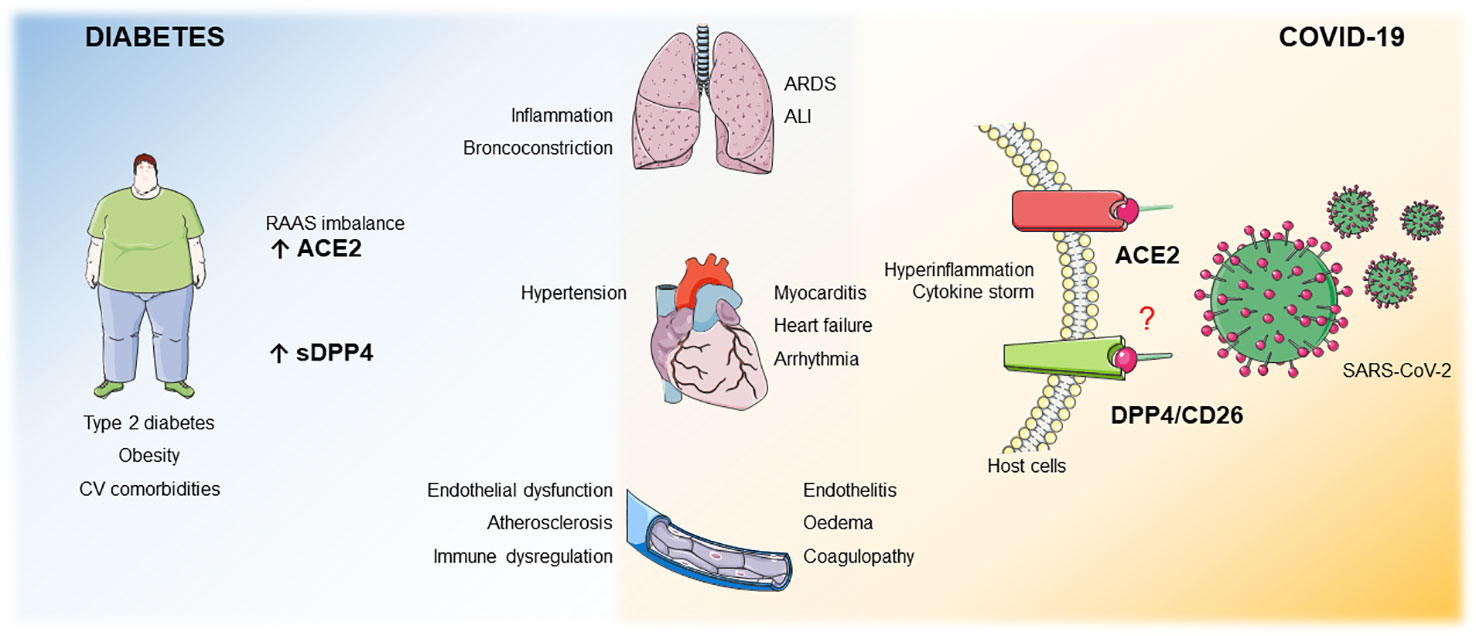 Moreover, studies of serotonin production show that there is either no difference between people with depression and people without depression, or serotonin activity is actually increased. This means that SSRIs may be contraindicated in people with depression.
Moreover, studies of serotonin production show that there is either no difference between people with depression and people without depression, or serotonin activity is actually increased. This means that SSRIs may be contraindicated in people with depression.
Read more about when to see a doctor and how to cure depression here, don't miss it!
Sounds convincing, but results from a large 2018 study found that antidepressants are more effective than placebo and are successfully used to treat depression in adults. At the same time, the effectiveness of various drugs varies from small to moderate.
Criticism of the meta-analysis
Most likely, after the publication of the meta-analysis, many will want to abandon drug treatment. According to the authors of the review, "People should be aware that the theory of chemical imbalance may be wrong." But what about those who are already taking antidepressants?
Drug treatment is strictly under the supervision of a psychiatrist
According to psychiatrist and science journalist Viktor Lebedev, the news that serotonin has nothing to do with depression is greatly exaggerated . This is especially noticeable in the works that were not included in the meta-analysis (and there are actually quite a few of them). In his Twitter, Lebedev notes that the review does not indicate the severity of depression, and the conclusions are made on the basis of 17 studies (which is clearly not enough for a sensation).
This is especially noticeable in the works that were not included in the meta-analysis (and there are actually quite a few of them). In his Twitter, Lebedev notes that the review does not indicate the severity of depression, and the conclusions are made on the basis of 17 studies (which is clearly not enough for a sensation).
Serotonin metabolism in the brain was analyzed by the content of its metabolite in plasma and cerebrospinal fluid. No relationship was found between metabolite concentration and depression. And it seems to sound good, but in reality it may not mean anything at all, writes a practicing psychiatrist.
Moreover, the review authors ignored the clinical efficacy of serotonin-based drugs and "thrown a lot of rather controversial conclusions about the functioning of the serotonin system of the brain without taking into account the real picture of the disease and its course."
More on the topic: New blood test can diagnose depression and bipolar disorder
Depression takes away the will to live
In general, Lebedev sees no clear arguments against the serotonin theory. In addition, depression itself manifests itself in different ways, which means that it is necessary to study each of its forms. As you can see, not all studies are useful .
In addition, depression itself manifests itself in different ways, which means that it is necessary to study each of its forms. As you can see, not all studies are useful .
Conclusions
And here is perhaps the most interesting thing: there are many studies confirming the effectiveness of antidepressants from the SSRI group. However, there is no consensus on depression and its treatment among doctors and scientists today. Let's hope that further research into depression, its origin and treatment will dot the i's.
As for the new meta-analysis, its authors remind that it is impossible to abruptly stop taking antidepressants. Otherwise, the patient's condition may worsen due to the "withdrawal syndrome". Recall that mild forms of depression respond well to treatment without drugs, but more severe cases without antidepressants, alas, cannot be cured.
You may be interested: Scientists have found a way to block depression and stress in the brain
Depression can be dealt with.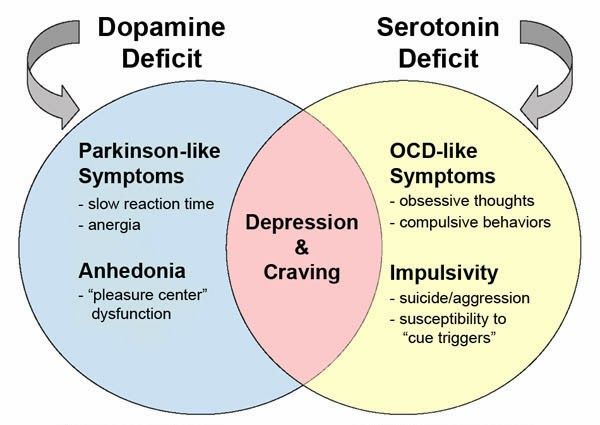 The main thing is to ask for help in time
The main thing is to ask for help in time
Many people think that antidepressants are like drugs that you can't get off of. But in fact, the beginning of taking drugs (as well as the end) takes place strictly under the supervision of a psychiatrist . For example, in my case, antidepressants were prescribed three months after the first visit. Thanks to qualified help, I was able to get out of a difficult condition and now, as Sapolsky says, I enjoy sunsets.
It is important to understand that medication will not last forever, and the attending physician will provide the patient with the necessary support and prescribe the timing of drug withdrawal. As a rule, the completion of treatment lasts several months (at this time it is advisable to attend psychotherapy sessions).
Finally, a study published in the journal JAMA Network Open showed that public stigmatization of depression has dropped significantly. And this is good news, because without the support of loved ones, defeating the disease is much more difficult.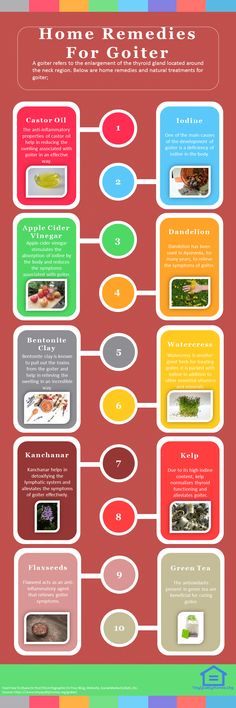 Be healthy and don't forget - depression is treatable!
Be healthy and don't forget - depression is treatable!
Brain chemical imbalance - what you need to know?
A brain chemical imbalance occurs when a person has too little or too much of certain neurotransmitters. Neurotransmitters are chemical messengers that transmit information between nerve cells. Examples of neurotransmitters are serotonin , dopamine and norepinephrine . Serotonin and dopamine are sometimes referred to as the “happiness hormones” because of the role they play in regulating mood and emotions.
A popular hypothesis is that mental disorders such as depression and anxiety develop as a result of a chemical imbalance in the brain.
There is some truth in this theory, and it runs the risk of oversimplifying mental illness. In fact, mood disorders and mental illness are very complex conditions that affect millions of people.
Myths
Although chemical imbalances in the brain are associated with mood and psychiatric disorders, researchers have not proven that chemical imbalances are the primary cause of these conditions.
Factors contributing to mental health:
- genetics and family history
- life experiences, such as history of physical, psychological or emotional abuse
- history of alcohol or illicit drug use
- use of certain medications
- psychosocial factors such as external circumstances that lead to feelings of isolation and loneliness
While some research has found links between various chemical imbalances and specific mental health conditions, scientists do not know why a chemical imbalance develops.
Modern biological tests also cannot reliably confirm the state of mental health. Therefore, doctors do not diagnose mental disorders by testing them for a chemical imbalance in the brain. Instead, they make a diagnosis based on the person's symptoms and the results of a physical examination.
Which diseases and conditions are associated with chemical imbalances?
Studies link chemical imbalances to several mental illnesses, including:
Depression
Depression is a mood disorder that affects many aspects of a person's life, from thoughts and feelings to sleep and eating habits.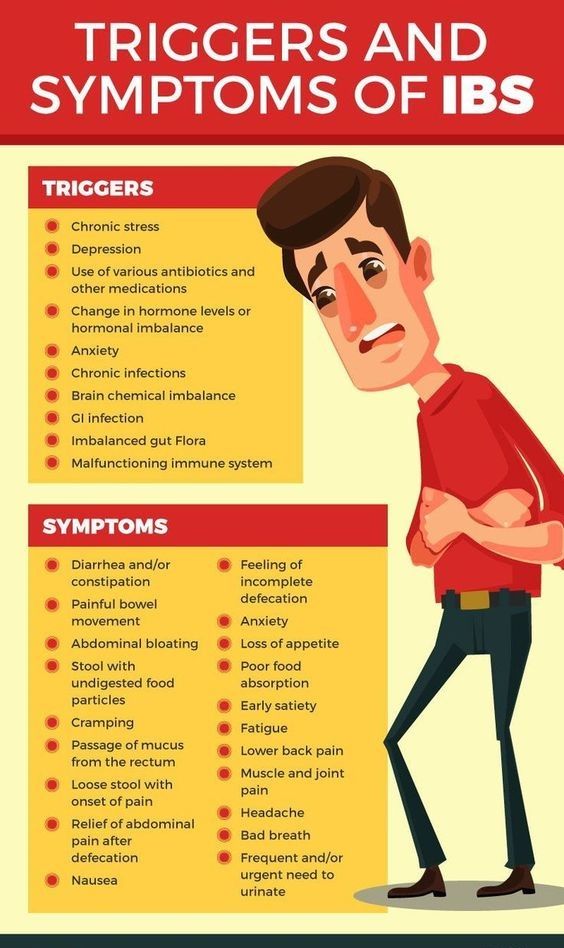 While some research has linked chemical imbalances in the brain to symptoms of depression, scientists say that's not the whole picture. For example, the researchers note that if depression was solely caused by a chemical imbalance, then treatments targeting neurotransmitters such as selective serotonin reuptake inhibitors (SSRIs) should work effectively.
While some research has linked chemical imbalances in the brain to symptoms of depression, scientists say that's not the whole picture. For example, the researchers note that if depression was solely caused by a chemical imbalance, then treatments targeting neurotransmitters such as selective serotonin reuptake inhibitors (SSRIs) should work effectively.
Symptoms of depression may include:
- persistent feelings of sadness, hopelessness, anxiety, or apathy
- persistent feelings of guilt, worthlessness, or pessimism
- loss of interest in previously enjoyable activities or hobbies
- difficulty concentrating, making decisions, or remembering things
- irritability
- restlessness or hyperactivity
- insomnia or drowsiness
- changes in appetite and weight
- physical pain, cramps, or digestive problems
- suicidal ideation
Depression can develop at any age, but symptoms usually begin when a person is in their teens or 20s or 30s.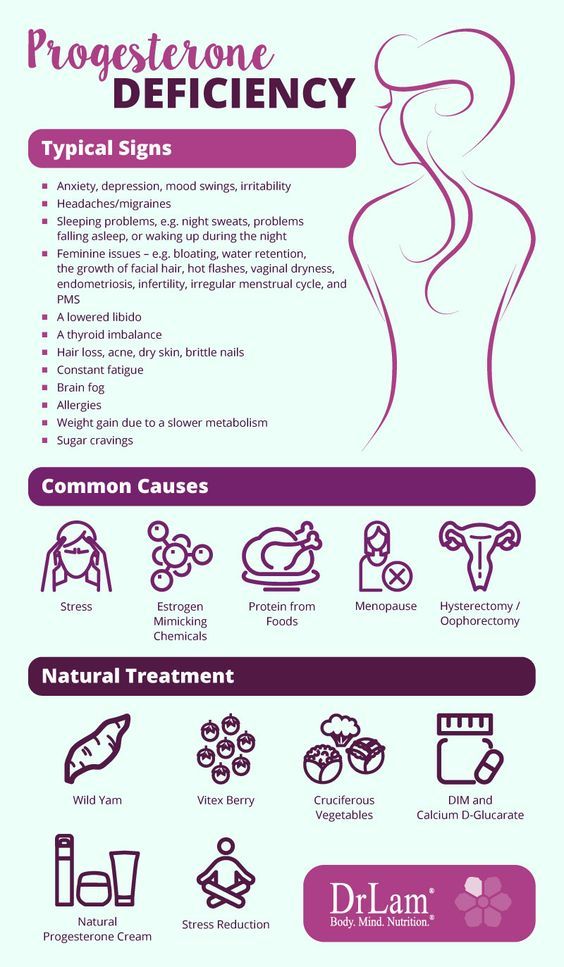 Women are more likely than men to experience depression.
Women are more likely than men to experience depression.
There are many different types of depression. These include:
- persistent depressive disorder
- psychotic depression
- postpartum depression
- seasonal affective disorder
The abrupt hormonal changes that occur after childbirth are among the factors that can increase a woman's risk of developing postpartum depression. 10-15% of women experience postpartum depression.
Bipolar disorder
Bipolar disorder is a mood disorder that causes alternating periods of mania and depression. Periods can last from a few days to several years.
Mania refers to the state of having an abnormally high energy. A person experiencing a manic episode may exhibit the following characteristics:
- elated and euphoric
- has an unusually high level of energy
- engages in several activities at once
- leaves tasks unfinished
- speaks very quickly
- is irritable or agitated often comes into conflict with other people
- has risky behaviors such as gambling or excessive drinking
- has a tendency to experience physical injury
Severe episodes of mania or depression can cause psychotic symptoms such as delusions and hallucinations.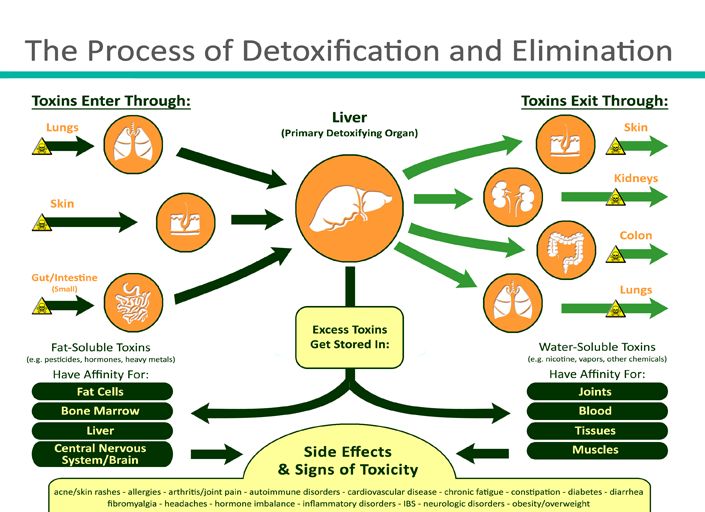
People with bipolar disorder may experience distinct changes in their mood and energy levels. They may have an increased risk of substance abuse and a higher incidence of certain illnesses such as:
- migraine
- thyroid disease
- heart disease
- diabetes
- obesity or excessive weight loss
The exact cause of bipolar disorder remains unknown. Researchers believe that changes in dopamine receptors, leading to changes in dopamine levels in the brain, may contribute to symptoms of bipolar disorder.
Anxiety
Many people experience temporary anxiety when faced with major life changes, problems at home, or important projects at work. However, people with an anxiety disorder experience persistent anxiety or excessive worry that increases in response to stressful situations.
Neurobiological evidence suggests that the neurotransmitter gamma-aminobutyric acid (GABA) may play a critical role in anxiety disorders. GABA is a neurotransmitter that reduces the activity of neurons in the amygdala, which is the part of the brain that stores and processes emotional information.
GABA is a neurotransmitter that reduces the activity of neurons in the amygdala, which is the part of the brain that stores and processes emotional information.
GABA is not the only neurotransmitter associated with anxiety disorders. Other neurotransmitters that may contribute to these disorders include:
Exemplary psychotropics
- Selective serotonin reuptake inhibitors (SSRIs) such as Fluoxetine (Prozac), Citalopram (Celexa) and Sertraline (Zoloft) , Duloxetine (Cymbalta) and Desvenlafaxine (Pristiq)
- Tricyclic antidepressants (TCAs) such as Amitriptyline (Elavil), Desipramine (Norpramine) and Nortriptyline (Pamelor)
- Benzodiazepines, including Clonazepam (Klonopin) and Lorazepam (Ativan)
According to a 2017 study, antidepressants improved symptoms in about 40-60% of people with moderate or severe depression within 6-8 weeks.
While some people experience a reduction in symptoms within a few weeks, it can sometimes take months for others to feel better.
Psychotropics can have various side effects that should be discussed with your doctor.
Side effects of psychotropic drugs
When to See a Doctor
If a person experiences anxiety and mood changes every day for more than 2 weeks, they should see a doctor.
Anxiety and mood changes can occur for various reasons.
These symptoms should not be alarming if they are mild and resolve within a few days.
However, a person may want to talk to a doctor or qualified mental health professional if they experience emotional, cognitive, or physical symptoms every day for more than 2 weeks.
Conclusion
Mental health is complex and multifaceted, and numerous factors can influence a person's mental well-being.



